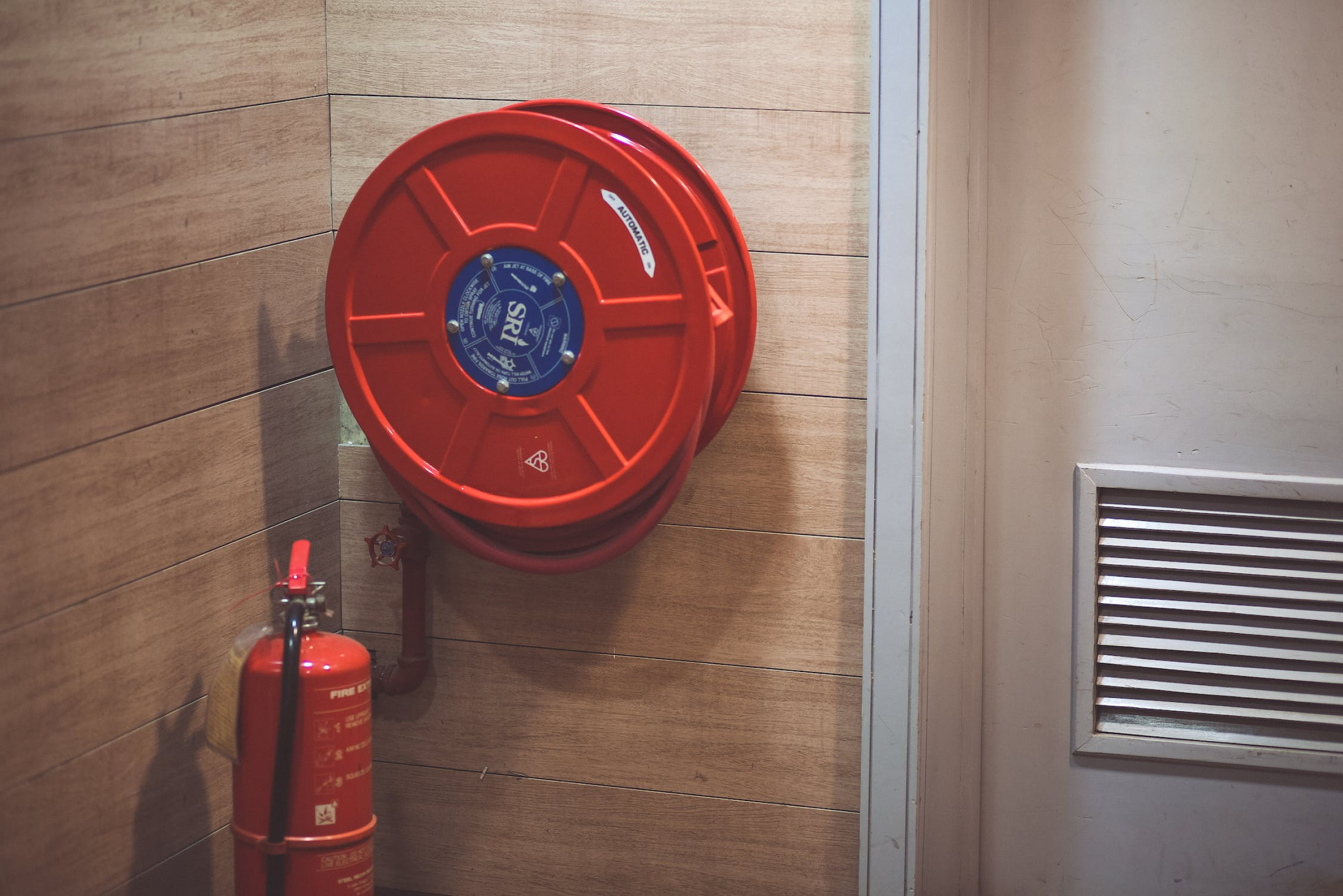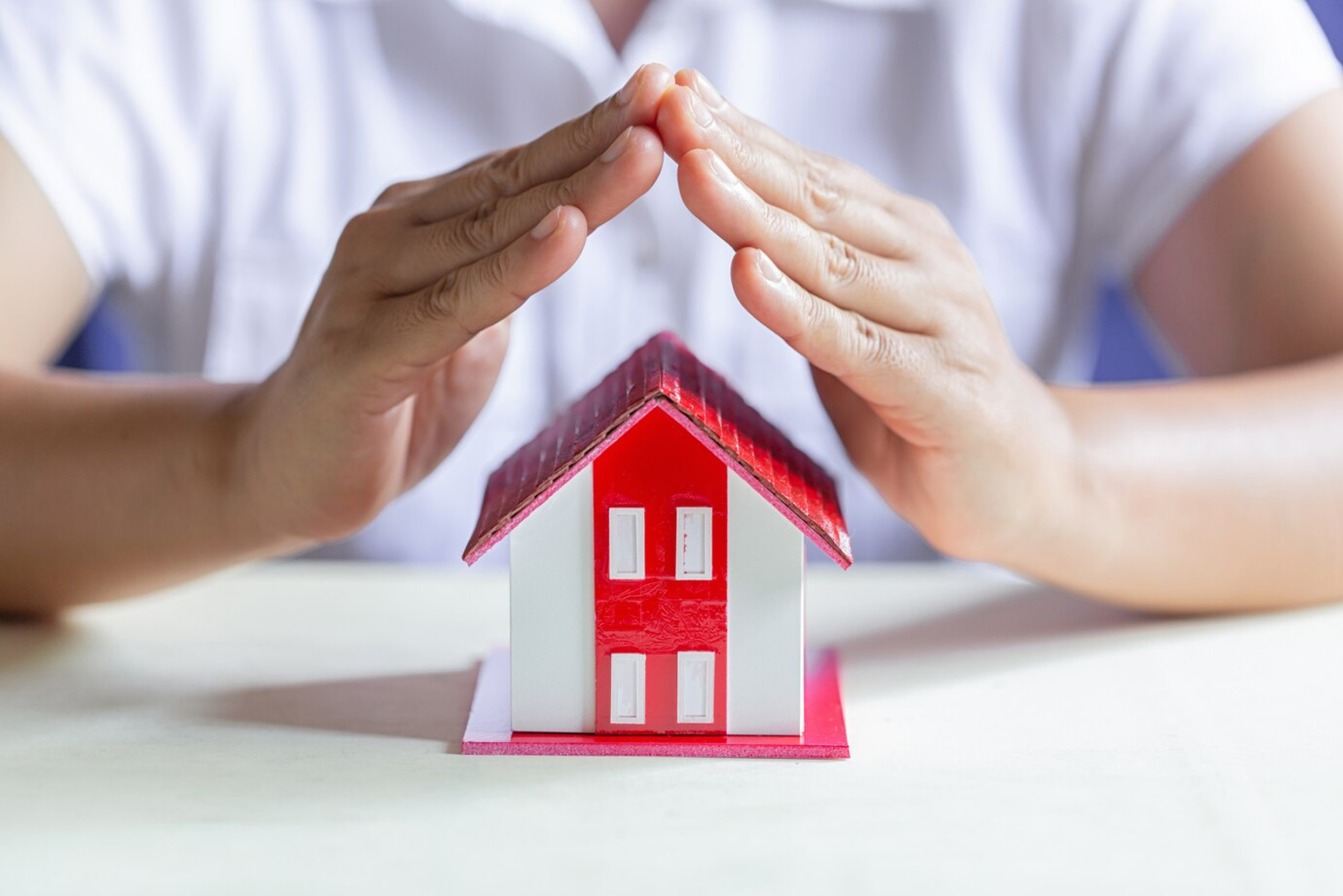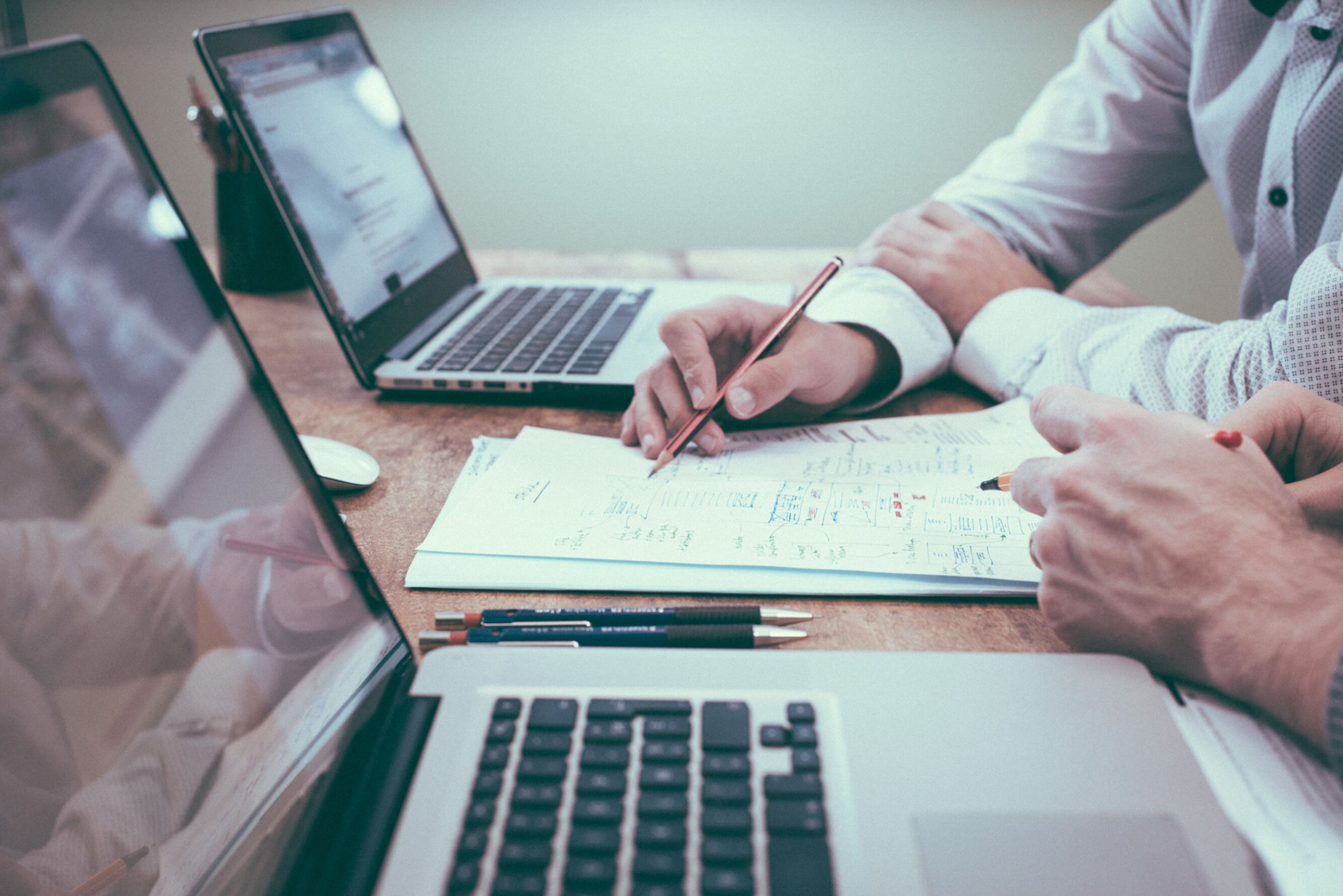A fire burning in your home certainly falls into the worst nightmare category and each year in Australia, thousands of people see that nightmare become reality.
Statics show in a 12-month period, more than 19,000 fires affect structures in Australia, and while property and possessions can usually be replaced, sentimental items and most importantly, lives can’t. On average, more than 60 people nationally lose their lives as a result of residential fires.
The vast majority of house fires, however, can be prevented or minimised by taking steps before an incident occurs. By being aware of fire risks in the home, you can keep your property as fire safe as possible, and dramatically reduce the chances of a home fire.
Different rooms in the home present different risks.
Kitchen Safety Tips
- Always choose the right size saucepan for whatever you’re cooking to help avoid fat splatters which can cause burns and fires.
- Never leave cooking unattended – it only takes a moment for something to happen.
- Don’t wear loose-fitting sleeves when cooking or leave tea towels or oven mitts near the cooktop – they can all easily catch fire.
- Only ever use microwave-safe utensils and containers – anything metallic will spark and can cause a fire.
- If you have a microwave fire, turn it off and unplug if possible, and keep the door closed until the fire suffocates.
- Never try to put out a fire or oil fire with water – water can cause the fire to spread rapidly. If a pan containing oil catches fire, don’t carry it through the house – it may cause the fire to spread and cause injury. Instead, cover the fire with a lid, wooden chopping board and use a fire blanket and extinguisher.
- Never run the dishwasher if you’re leaving the house or going to bed – old or faulty heating elements can cause a fire.
- An overheated compressor in a fridge can cause fires if they can’t vent correctly. Newer and higher-spec fridges should have a metal backing that acts as a heat shield, however older and lower-spec fridges may not.
- Many of us use a toaster in the morning – but left unattended they can be the spark that sets the kitchen alight.
- Always keep a fire extinguisher and fire blanket in the kitchen, located between the oven and an exit door.
Fire Safety in the bedroom
- Wheat bags can dry out with age and become combustible, so only ever use them for their intended purpose, research reveals that more than 44 per cent of people use wheat bags in bed or in the bedroom, and, in doing so, are putting themselves at risk7.
- Don’t charge a device in or by your bed, poor ventilation can result in your bed going up in flames.
- Electric blankets can cause a fire if used incorrectly.
- Candles in the bedroom are great, but make sure they’re extinguished before you go to sleep.
- Don’t smoke in bed.
Living Rooms
- While power boards can offer additional capacity, it’s important not to plug additional adaptors into them as it can cause an overload, resulting in a fire risk. Only using power boards with built-in safety switches.
- Unplug Laptops and phones if leaving the house to avoid overheating.
- Always have your chimney cleaned at least once a year to reduce the risk of chimney fires.
- Do not put clothes too close to heaters as this can cause fires.
The Bathroom and Laundry
- One of the major bathroom fire risks comes in the form of something you may not expect: the exhaust fan. It’s wise to clean the fan regularly to avoid lint collecting, overheating and potentially causing sparks to fly.
- Hairdryers and straighteners can all cause fires. They get extremely hot, so remember to turn them off and let them cool on a heatproof surface.
- In the laundry, dryers are a particular risk. Most us frequently or occasionally leave our dryer going when we leave the house. The lint produced can become a fire hazard, as it can cause overheating.
Overall Safety Tips
- Test your smoke alarms regularly to ensure they’re in working order.
- Invest in fire extinguishers and fire blankets.
- Create a fire evacuation plan to ensure everyone in the home knows what to do if the worst happens.
- Get your wiring checked by a professional, particularly if you notice signs such as flickering lights, the power tripping, or any burning around power points.
- Home Insurance policies are a must.






